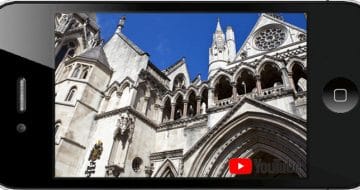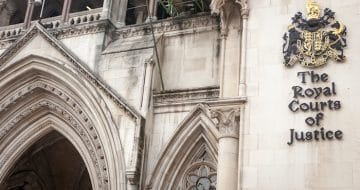Messaging app’s encryption is ‘sufficiently secure’, says Lord Justice Holroyde

Witnesses in criminal trials in England and Wales can give evidence from abroad via Whatsapp provided it is “in the interests of justice” to do so, the Court of Appeal has ruled.
The issue came about following the conviction of Abdul Kadir for rape, attempted rape and indecent assault in May 2021. He was jailed for 18 years.
Kadir contested that Judge Caroline English who presided over the trial had wrongly prevented his half-brother from giving evidence from Bangladesh.
The judge was unsure as to whether she had the power to permit the use of Whatsapp and concluded that the messaging application would not be a safe and secure method of receiving evidence.
The Court of Appeal has now clarified that Whatsapp, which uses end-to-end encryption, is “capable of being regarded as sufficiently secure” to give evidence in open court.
Lord Justice Holroyde stated that English “did have the power to direct that [the half-brother] could give evidence from Bangladesh via WhatsApp” under the temporary statutory provisions contained in the Coronavirus Act 2020 that were in force at the time.
He also noted that judges had the power to direct a live link via WhatsApp under the Police, Crime, Sentencing and Courts Act 2022 with the final decision, of course, being left to the judge concerned to make a fact-specific decision.
Holroyde LJ added that regard must be given towards impact of exercising such a power on another state’s courts without permission.
“It cannot be presumed that all foreign governments are willing to allow their nationals, or others within their jurisdiction, to give evidence before a court in England and Wales via a live link,” he stressed, remarking that it may be necessary to issue an International Letter of Request (ILOR) to the state concerned.


